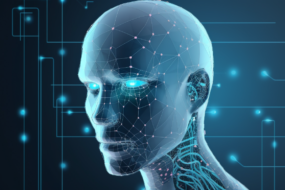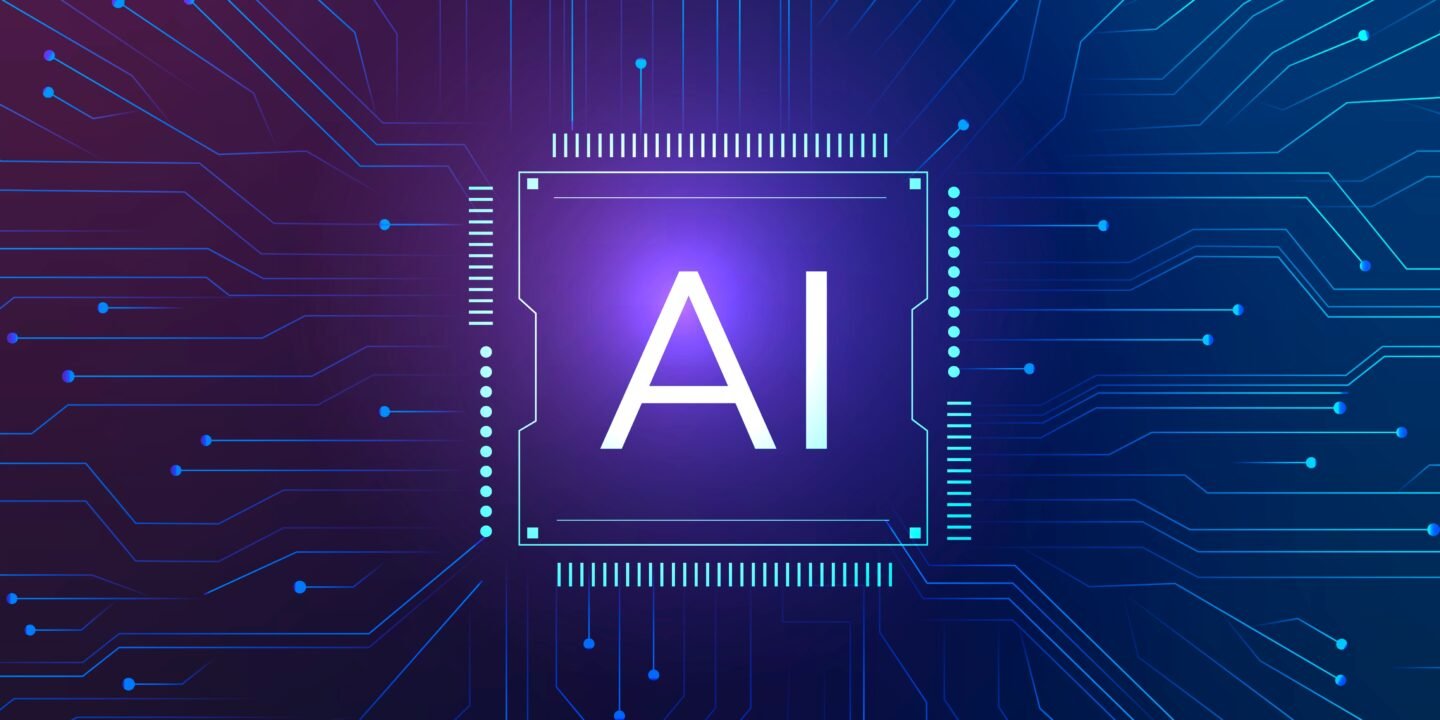
AI is not what it used to be an idea or a trend – it is the reality that changes industries across the globe. The IT sector is right in the middle of this revolution and AI has already changed the way we approach work, ideas, and business. AI could no longer be invisible in the IT career by the year 2025.. In this blog post, we analyze in a sequential manner how AI is impacting the field of IT and what actions those in IT can take to adapt to such change.
Contents
- 1 Perceiving The Modern Setup Of AI In IT
- 2 AI and IT Careers of Predicted Transformations till 2025
- 3 Impacts of AI by the Sector: Roles of IT in 2025
- 4 The Skills IT Professional Need For An Intelligent World
- 5 Blessings That AI Creates for IT Professions
- 6 Overcoming Challenges
- 7 The AI Revolution that is Ahead of Us
- 8 The Future of IT Teams
- 9 Conclusion: Creative Fusion’s AI-Driven Evolution
Perceiving The Modern Setup Of AI In IT
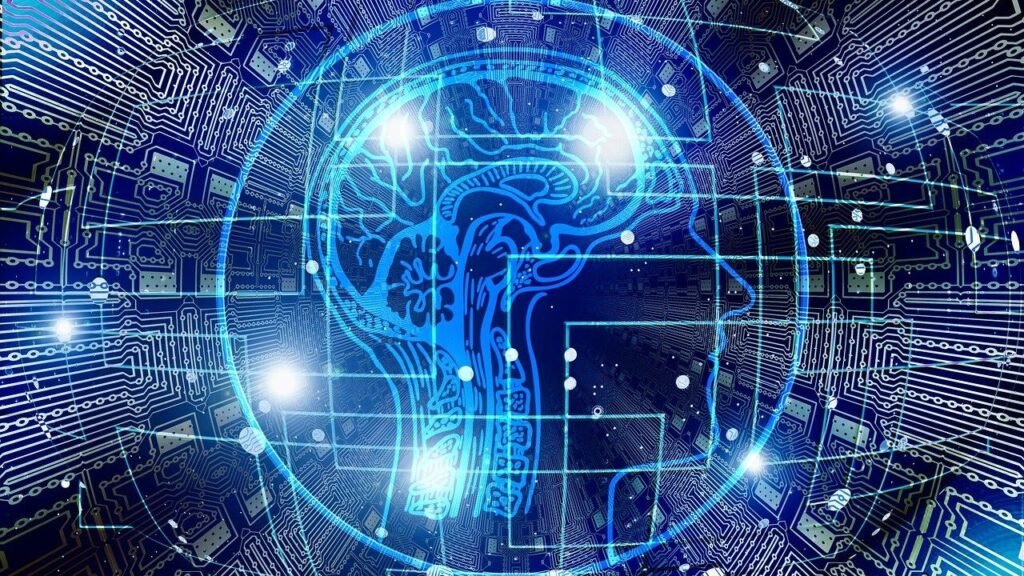
AI has already managed to penetrate into the IT industry. Currently, it plays a pivotal role in areas such as:
Automation of Repetitive Tasks: The use of AI in the IT working environment reduces routine work such as system controlling, update control, and data copy, providing employees with more time for creative work.
Enhanced Data Analytics: Artificial intelligence (AI) has several subfields one of the most popular is the Machine Learning (ML) which handles robust data and predicts occurrences, enhances choices, and directs business approaches.
Strengthened Cybersecurity: AI helps IT systems to increase the threat detection and response threshold so that cyber threats are minimized.
AI and IT Careers of Predicted Transformations till 2025
The integration of AI into IT workflows is expected to accelerate, leading to key changes in job roles and responsibilities:
Emergence of Hybrid Roles: AI will force IT professional to expand their dimensions and perspectives across technical proficiency, strategic, creativeness and product knowledge.
New Job Opportunities: AI also means new roles, the job title of AI Trainers, AI quality analysts, and Data annotation specialists. Transition towards the usage of artificial intelligence in the course of development. Up until now, applications and software development will also consume artificial intelligence integrated or specifically tailored coding tools and utilities to shorten the time to market and maximize productivity.
AI & ML Topics of Interest: Ethics and Governance The emergence of AI creates the need for specialists who will address the use of AI, bias, and regulations.

Impacts of AI by the Sector: Roles of IT in 2025
AI will revolutionize many IT standard positions and introduce wholly new ones into the market. Here’s a closer look:
1.Software Developers:
Impact: Open-source code collaboration platform GitHub is at work on a tool called GitHub Copilot that will suggest code offerings and bug finding, and Deep Code plans to offer developers enhanced productivity through an AI system.
Skills Needed: AI frameworks (TensorFlow and PyTorch) and skills in incorporating AI in applications.
2.Cybersecurity Analysts:
Impact: Analytical capabilities will allow reducing the tasks of threat detection to their base level, providing predictive analysis and constant monitoring, while increasing attention to high-level threats. Skills Needed: Experience in the AI cybersecurity tools and specifically adversarial machine learning knowledge.
3.Data Scientists:
Impact: This way, AI is going to alleviate the burden of repetitive data-preprocessing tasks for data scientists thereby letting them build much more complex predictive models.
Skills Needed: I would carry prior experience in specialized and complex AI techniques along with natural language processing (NLP) and the big data platform.
4.IT Support Specialists:
Impact: Simple technical issues will be handled by the AI chatbots and virtual assistants while specialized help and AI system management will be provided by trained professionals.
Skills Needed: AI chatbot training for effective solution, and issues associated with AI-based tools.
The Skills IT Professional Need For An Intelligent World
To thrive in the evolving IT landscape, professionals must acquire and hone the following skills:
AI and Machine Learning Knowledge: It is very important for someone who is going to work in the developing of AI models to know how these models are constructed and to possess the ability to train or further fine a model. Actively use the types of frameworks as TensorFlow, PyTorch, or Scikit-learn.
Data Management and Analytics:
Far from this, AI has to deal with clean and orderly data sets. Technical skills in the areas of data acquisition, data cleaning, data analysis and visualization shall be critical.
Programming Expertise:While in seeking to further end-users’ AI knowledge as well as create a baseline for application developers, these languages as Python, R, and Java will still continue to be an essential tool.
AI Ethics and Governance:There are certain practices that ethical professionals in using the AI have to know or avoid, for instance bias, privacy or lack of compliance. A second domain of ability that is fundamental on the basis of developmental research is problem-solving and creativity. The opportunity is that, at some point, machines will take over the routine work – which means that human imagination will be the major value in creativity and solving complicated problems.
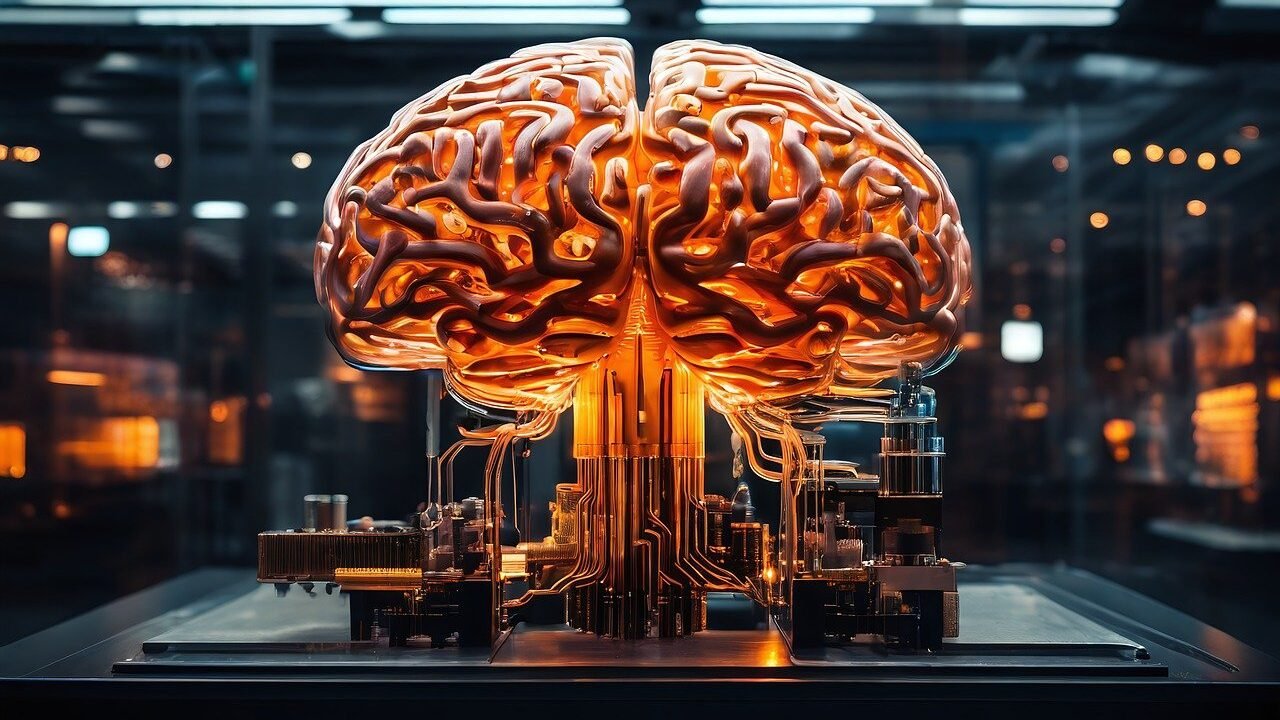
Blessings That AI Creates for IT Professions
Even though some people think that AI will make many employees unemployed, it is not entirely true. AI creates opportunities by:
Boosting Productivity: This implies that IT professionals gain the flexibility to work on creativity and enhance their power to perform more strategic duties.
Enabling Personalization: AI enables engineers to provide customized solutions with better user experience and improved business performances.
Driving Industry Growth: AI is opening new IT job segments, like fintech, and health tech, and e-commerce recruiting professionals with relevant exposure on-board.
Overcoming Challenges
Despite its advantages, integrating AI into IT careers comes with challenges:
Skill Gaps: It is therefore evident that many professionals may initially lack the skills required for performing AI-intensive responsibilities. The main strategy to eliminate this gap is proactive learning.
Bias and Ethics: It is with great importance that responsibility is taken to monitor AI systems for bias and to guarantee that the systems used adhere to proper ethical standards.
Workforce Anxiety: It shows that simple communication measures and human resources training can work to overcome often well-founded employee concerns about job loss due to automation.
The AI Revolution that is Ahead of Us
Continuous Learning: Engage in continuous learning by enrolling for online classes, certification and workshops. Fortunately, there is Coursera, Udemy, and AI-specialized programs to assist you.
Networking: Get related to AI and IT groups so as to follow the current affairs and make friends or even mentors.
Experimentation: Utilize AI tools and projects to gain the necessary experience and create a number of successful experiences.
Collaboration with AI: Instead of such a belief, center of attention should be made on how AI will enhance the position rather than acting as an alternative to the individual. Acquire traits which AI can never learn that include creativity, feelings, and critical thinking.
The Future of IT Teams
By 2025, IT teams will look vastly different, with a mix of:
AI-Augmented Professionals: Using AI to increase their performance and effectiveness of decisions made.
AI System Managers: Maintaining the good operation of the AI tools and systems in an organization.
AI Strategists: Challenges of integrating AI capabilities that support organizational business strategies.
Currently, future IT team success depends on people’s collaboration with artificial intelligence.
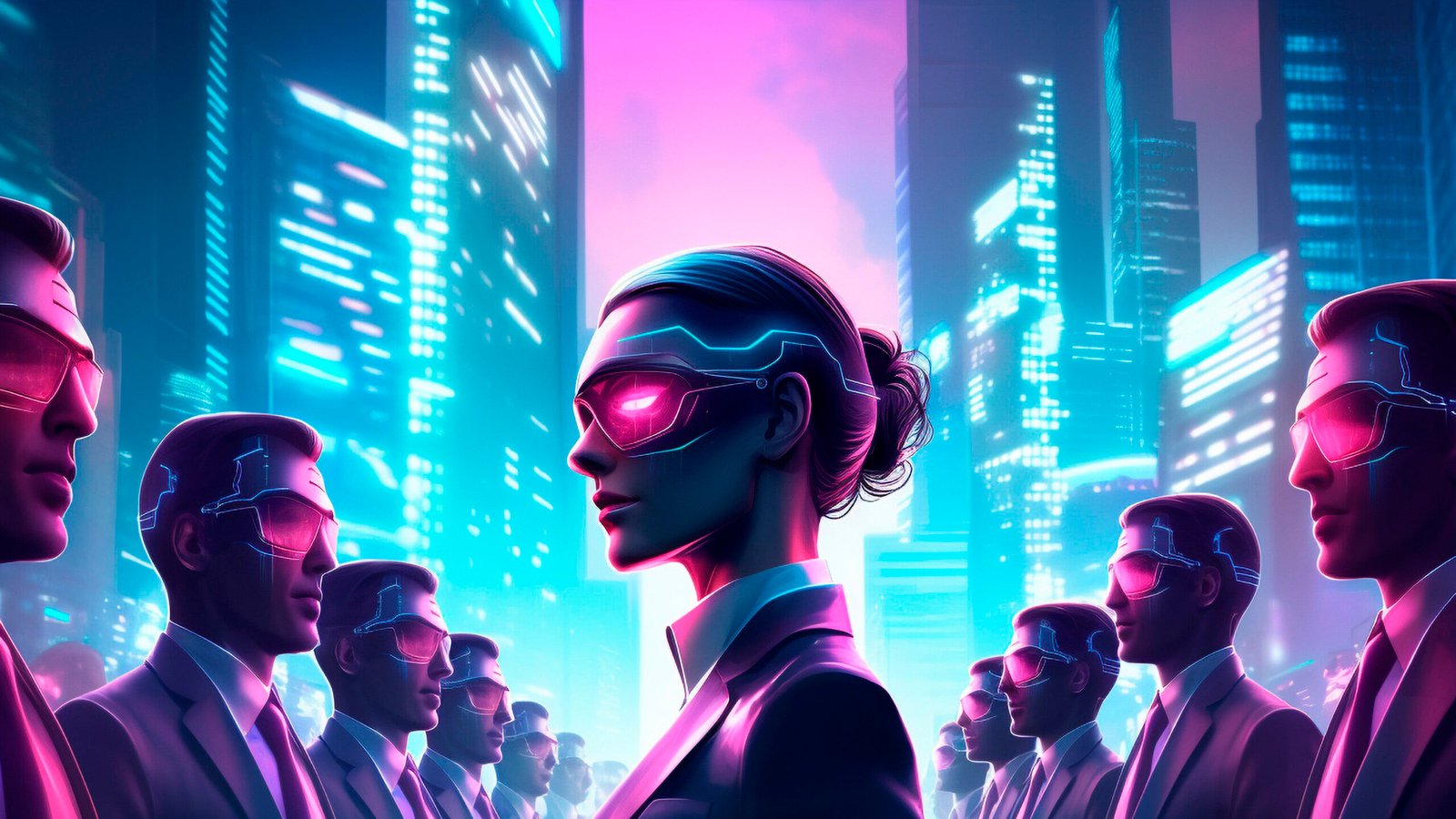
Conclusion: Creative Fusion’s AI-Driven Evolution
Ironically, IT industry cannot avoid integrating AI and the change is irreversible. though it will reconfigure or erode customary roles, it will also create avenues that have not been imaginable before. With the correct skills, talent, perspective, and willingness to innovate and change, IT experts do more than endure the AI-assertive future; they will excel in it.
Source : Buzz Artical & HSUX Solutions











